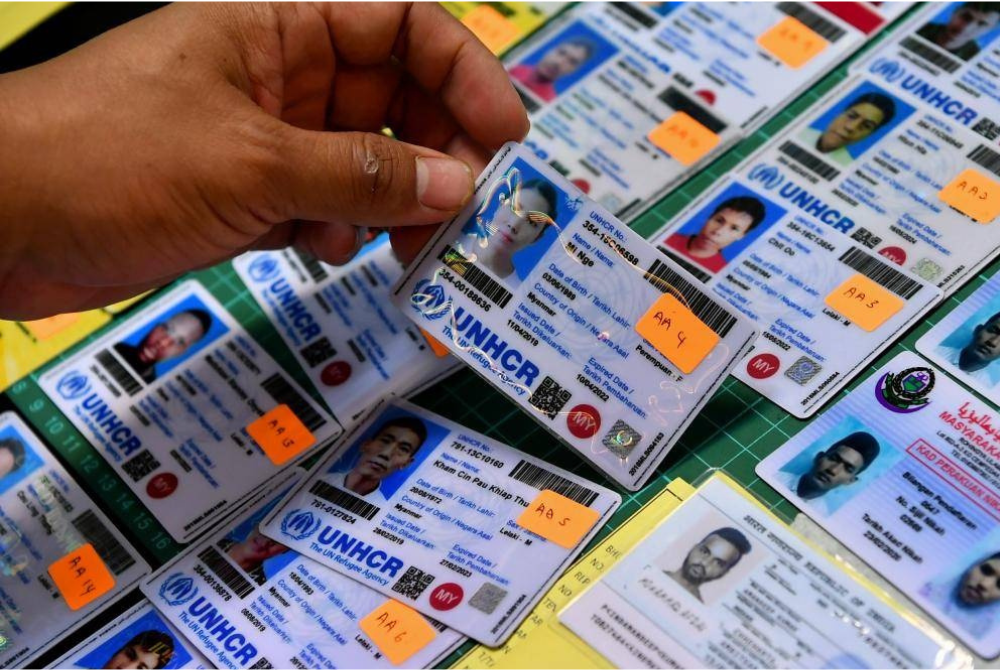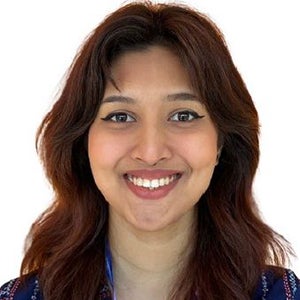NUTP questions viability of extending public education to refugees

SHAH ALAM - National Union of Teaching Profession (NUTP) Secretary-General Fouzi Singon raises concerns over the debate on extending public education to non-citizens, saying it could strain Malaysia's already limited resources.
"Public education in Malaysia is primarily for Malaysians, funded by the sweat and toil of our taxpayers.
"Opening this up to non-citizens could lead to resource allocation issues," Fouzi told Sinar Daily.
He highlighted that educational institutions are not charity ventures; they rely on taxpayers' money, the hard-earned cash from the pockets of everyday Malaysians.
"With limited resources already struggling to meet the needs of the local population, the question arises: why should non-citizens benefit from these resources? "Unlike some countries, this nation doesn't offer an easy path to citizenship and all its associated rights, privileges, and subsidies to foreigners or refugees," Fouzi told Sinar Daily.
However, Fouzi also stated that it's essential to clarify that the government's assistance to these individuals is largely a humanitarian gesture, offering them a place of refuge without necessarily granting them full access to other rights and entitlements.
Opening up public education to them could potentially lead to a host of problems and further strain the government's already delicate finances.
"Instead of relying on the government to shoulder this entire burden, international organisations such as the United Nations Educational, Scientific, and Cultural Organisation (UNESCO) should take a more active role in addressing this issue.
"Furthermore, if NGOs with a specific focus on refugee education exist, they should diligently fulfill their missions without overburdening the government," he said.
In a related matter, Malaysian Association for Education President Datuk Satinah Syed Saleh chimed in, shedding light on the educational avenues available to foreign workers and refugees, especially those from Myanmar clustered in urban zones.
"We've got international schools and even some run by Yemeni and Syrian embassies in places like Kajang.
"These schools, while serving the community, face numerous challenges.
"They rely on their current curriculum and often lack the resources required to maintain optimal teaching conditions," Satinah said.
"The good news is that many of these schools have the backing of dedicated teachers, some of whom are refugees themselves.
"A few schools partner with Cambridge, while others get a leg up from their national embassies.
"There’s even a Rohingya school here, but it's just one of many juggling to keep things afloat," she said.
Satinah stressed that while intent and dedication exist, the reality of resource limitations remains a constant challenge.
Recently, economist Dr. Muhammed Abdul Khalid was seen talking in a video clip during the Youth Economic Forum 2024 panel discussion, sharing that refugee children, including Palestinians, were not allowed to go to school while their parents or adults, in general, were not allowed to work.
He added that, according to a UNHCR survey conducted, Malaysian parents generally support refugee children attending school.
However, only 30 percent of all refugee children of school-going age in Malaysia were enrolled in a community learning centre.
The figures are initially promising (44 percent enrollment for children aged 6–13), but then they drop sharply in the 14–17-year-old age group to 16 per cent.
Download Sinar Daily application.Click Here!















